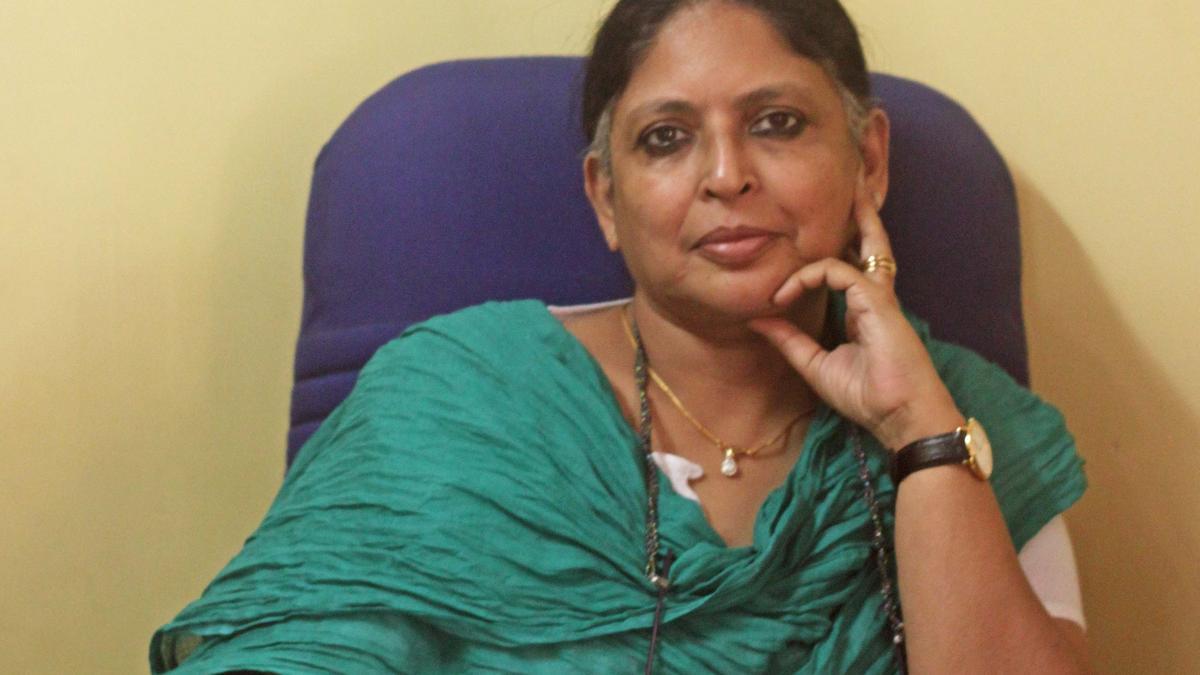
The release of the Hema committee report, a comprehensive investigation into the challenges faced within the Malayalam film industry, has ignited an intense debate over the appropriate response from the State government. In an exclusive interview with The Hindu on Wednesday, noted film editor and a prominent member of the Women in Cinema Collective (WCC), Bina Paul, advocated for deep-seated systemic changes in the industry. Her primary concern is that women should be able to work in an environment where their professional capacities are recognized and respected.
Paul emphasized the importance of going beyond mere instances of sexual harassment, which, though significant, are only a fraction of the myriad issues plaguing women in the Malayalam film industry. “A lot of people have confidentially deposed before the committee. We really don’t know how many of them would want to take it forward legally. But we don’t want to only stress on the instances of sexual harassment. There are many other issues related to film sets which we are hoping the government will take note of and act upon,” she remarked.
In March 2022, the WCC celebrated a landmark victory when the Kerala High Court mandated the formation of Internal Committees (IC) on film sets, in accordance with the Sexual Harassment of Women at Workplace (Prevention, Prohibition and Redressal) Act, 2013. This judicial directive came in response to a plea from the WCC. Since its inception in 2017 and the subsequent submission of the Hema committee report in 2019, there have been some improvements on film sets. However, Paul believes that these advancements are insufficient and much more needs to be done.
She underscored the necessity for well-established systems that ensure proper contracts and facilities for all film industry workers, including technicians, junior artists, and dancers. She pointed out that crucial aspects like menstrual health are often overlooked on film sets. “Systems must be put in place to ensure proper contracts and facilities for everyone including technicians, junior artistes and dancers. Issues faced by women, for instance during menstruation time, are not even thought of during shooting. Regarding ICs, it could be true that they may not work properly at the moment because of power structures. There needs to be monitoring committees to see how effectively they are working,” Paul elaborated.
The Hema committee report highlighted a significant barrier for women who are underrepresented in the technical sectors of the film industry. For instance, at the K.
.R. Narayanan Film Institute, during the period studied by the committee, only two out of 44 students in the technical departments were women. To counter this imbalance, the committee has recommended implementing reservations and scholarships for women in film schools.
Reflecting on her personal journey as one of the pioneering women technicians in Malayalam cinema, Paul recounted the intimidating experience of being the lone woman on film sets in the early days of her career. “Now, with this report, we don’t want it to be seen as a bad industry in which fewer women come into work. We need to have steps to build up trust in the industry. The moment the presence of women increases, there will be a huge difference. Even now, on a Malayalam film set, you will only see 2-3 women working in the technical departments, although the number of assistant directors have gone up. We need more women in cinema who know what their rights are,” she stated.
Paul also noted that fear of repercussions prevents many women from joining the WCC, a concern validated by the Hema committee report. According to her, the public perception of WCC represents only a fraction of their activities. “What is seen of the WCC publicly is only part of it. We also hold discussions on professional issues that we face. We are more of an idea than a typical organization. It is much more effective like this. In addition to litigation, we have submitted two reports to the Culture Minister on the cinema policy, published a report on ‘Women Shaping the Narrative in Media and Entertainment’ as well as recommendations for an equitable workplace,” she explained.
The momentum generated by the Hema committee report, along with the sustained efforts of organizations like the WCC, has brought a renewed focus on the systemic changes required within the Malayalam film industry. While some strides have been made, the path toward an inclusive, respectful, and equitable workplace for everyone, particularly women, remains long. The collaborative effort of the industry, government, and advocacy groups will be essential in realizing these much-anticipated changes.










